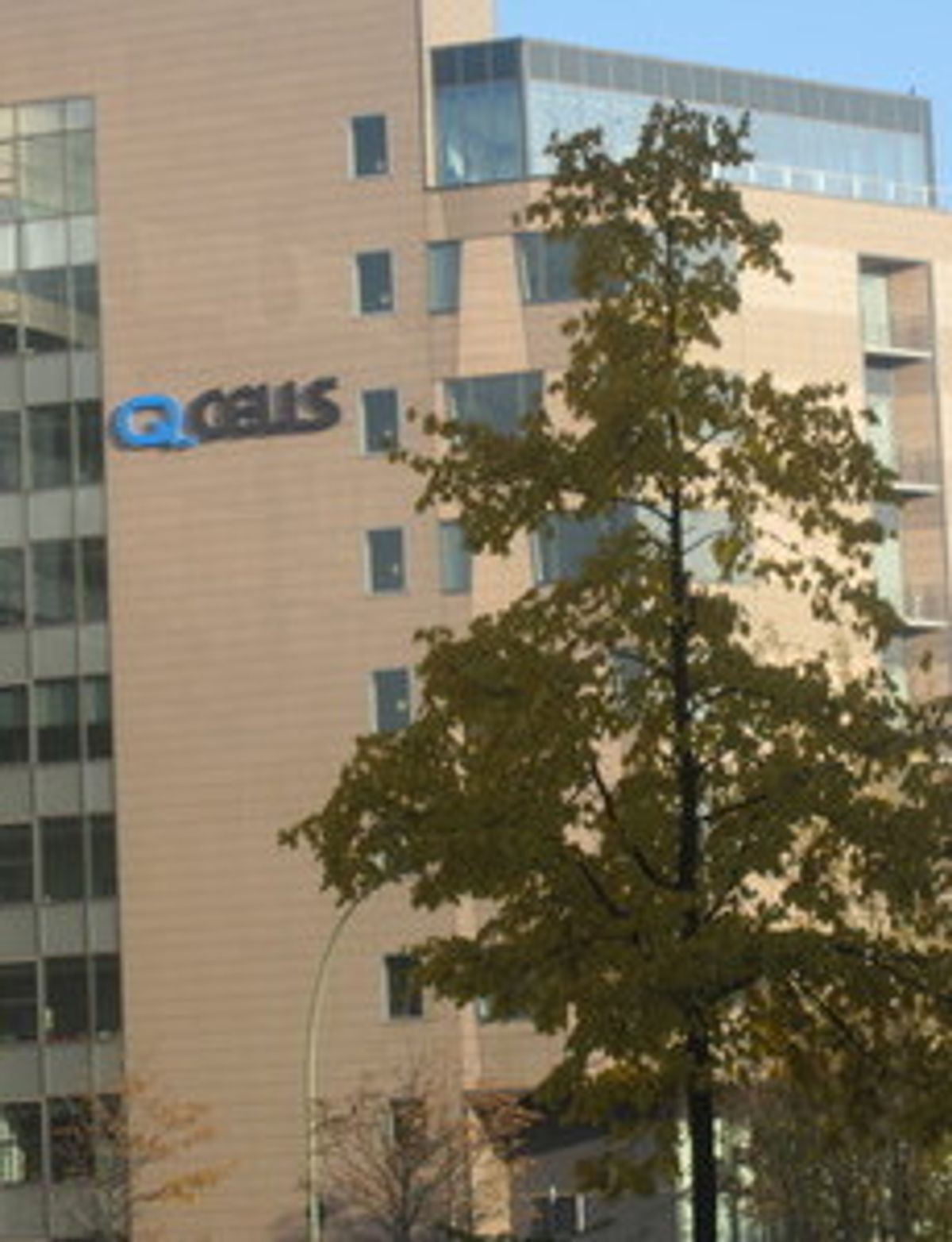The European Union (EU) has launched an investigation of Chinese photovoltaics exporters, having received a complaint from Solarworld, the same company that, with six other companies, brought a similar complaint against China in the United States. The U.S. investigations led to the imposition on China of preliminary anti-subsidy tariffs in March and preliminary anti-dumping tariffs in May. The European investigation, which is confined to anti-dumping charges (dumping = selling below production costs), could be even more important. China exports 90 percent of its PV product, and Europe is by far its largest market: Last year Europe’s PV imports from China came to 21 billion euros, or roughly US $26.5.
China's PV exporters to Europe have been able to collect the same generous subsidies governments created with local manufacturers in mind, and this has had the same devastating impact as in the United States. A particularly notable bankruptcy was that of Germany's Q Cells (photo), which not long ago was the world's largest solar manufacturer.
In the European complaint, Solarworld is leading a coalition dubbed EU ProSun, but its membership is being kept secret for fear of Chinese retaliation against individual firms. Boosting solar manufacturing capabilities in China has been a strategic priority, and so the combined impact of U.S. and European penalties could be great, and not just in the solar sector. If China turns out to have over-promoted solar and now sees many of its own companies go out of business, it may think twice about adopting similar trade tactics the next time around.
Naturally the Chinese have reacted indignantly to news of the European investigation. A representative of TrinaSolar, one of the country's top PV exporters, told the Financial Times that the EU investigation will drive up world solar prices just when "we are on the verge of grid parity" (the point where solar electricity is price-competitive with other sources of electricity like coal, natural gas and nuclear energy). That is nonsense. According to one recent report by The Hamilton Project, electricity from newly installed solar installations in the United States would be almost three times as expensive as electricity generated from natural gas and almost twice as expensive as electricity from coal.
Of course grid parity is a moving target, and in the United States average electricity costs have been coming down sharply, mainly because of the revolution in unconventional natural gas ("fracking"). In Europe and especially Germany, prices have been tending in the other direction, mainly because of decisions to phase out or minimize nuclear, post-Fukushima. Just the same, European solar prices are still far higher than average electricity prices and solar prospects are still highly dependent on government subsidies.
Arguably Europe is something of a Johnnie-come-lately in opening its solar investigation, which is consistent with its general image these days of reacting to critical economic problems much too sluggishly. But the potential impact of its investigation is not to be underestimated. The combined countries of the European Union are the world's largest economy. When the EU has imposed punitive measures before--finding Microsoft guilty of anti-competitive behavior, blocking proposed mergers between GE and Honeywell and between WorldCom and Sprint--the impact has been considerable.



